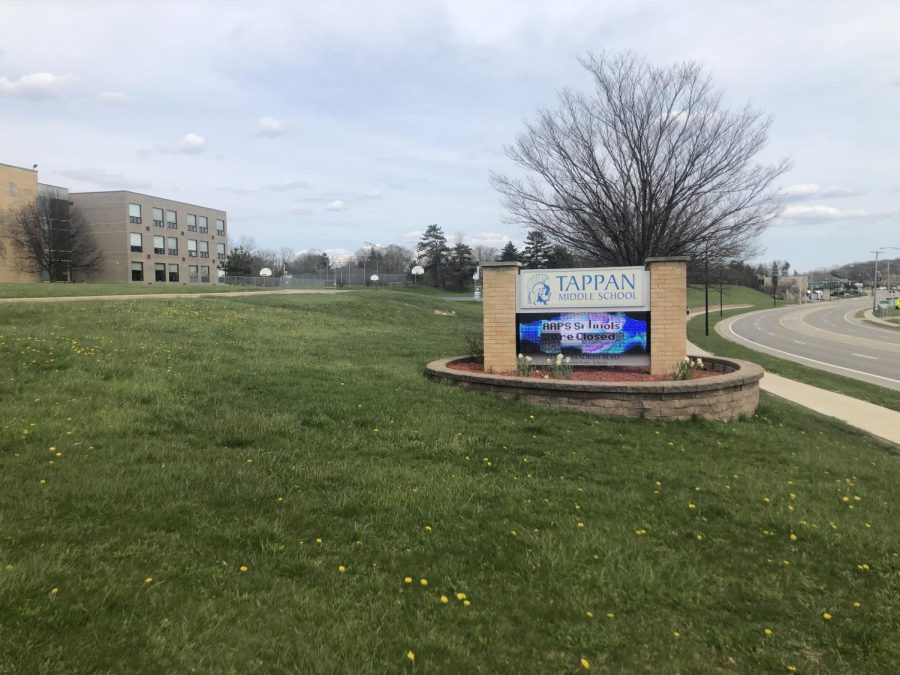Students worry over whether COVID school closure will extend into fall 2020
Following the April 2 executive orders of Michigan Gov. Gretchen Whitmer, Michigan schools have closed buildings for the remainder of the 2019-20 school year. Whitmer addressed the closures as a difficult, yet necessary, decision that would beef up preventive COVID measures that have drastically altered American life.
“As a parent, I understand the challenge closing schools creates for parents and guardians across the state,” Whitmer stated. “We are setting guidelines for schools to continue remote learning and ensuring parents have resources to continue their children’s education from the safety of their homes.”
While many have viewed these actions as necessary, students worry about how this will impact next year. “The possibility of school closures extending into next year sucks because it means we miss out on more things, like college applications,” said Victoria Nweze, a Pioneer junior. “Some juniors still need to take standardized tests like SAT or ACT. I’m hopeful that may not happen if we do everything we can now to prevent it.”
Currently, K-12 schools in Michigan are set to reopen in fall 2020. However, Michigan, which is experiencing the fourth-highest rate of deaths across the country, has yet to see a decrease in the number of cases and many worry about how infection rates will look in the future.
President Donald Trump has released a three phase plan concerning the criteria states should expect to follow when easing up lockdown restrictions for the public. Within phase two of the plan, when states are experiencing “no evidence of a rebound and… satisfy the gating criteria a second time” they can expect to reopen schools while still maintaining social distancing measures. However, Trump emphasized that governors would have the foremost authority in deciding specifically when to open up their country. “If they need to remain closed, we will allow them to do that.” he stated.
Much like governmental institutions, colleges have been pressured towards finding an answer as to when they expect to reopen. According to MLive, Michigan State University (MSU) and Wayne State University (WSU) expect to have online classes, whereas the University of Michigan (UMICH) President Mark Schlissel “remains hopeful of having in-person classes.”
While nothing has been announced and the situation remains uncertain, Pioneer senior Avani Shingari worries about what her college experience will be like next year. “I certainly hope that the situation is better by the fall and that it will be safe to have in-person classes,” said Shingari. “It will be unfortunate if we had to miss out on our first [in-person] semester of college. I hope we take the necessary measures now to mitigate the situation.”
Further, many students worry about what an online-only coursework could look like for students. “I don’t even think some of us, including myself, are going to do well in online classes,” said senior Daeun Nam. “I feel like the students are going to be more lazy and unmotivated. I don’t think that [coursework] is going to be the same.”
Colleges, which stand to lose millions of dollars to the pandemic, are anxious towards what an online-only semester would look like. In a Washington Post article, Jay Perman, chancellor of the University System of Maryland, said that “when people pay tuition, they are paying for credit, ultimately, for a degree.” Students around the country have asked for refunds on tuitions or discounts, due to issues with the online-only curriculum.
Despite the widespread fears and unpredictability within this situation, most students accept that these restrictions and closures are ultimately for the greater good. “As sad as the circumstances are, nothing beats being healthy and living,” said Nweze. “Things will get back to normal and as long as everyone I know and care about is still here and healthy, missing out on things will be worth it.”


